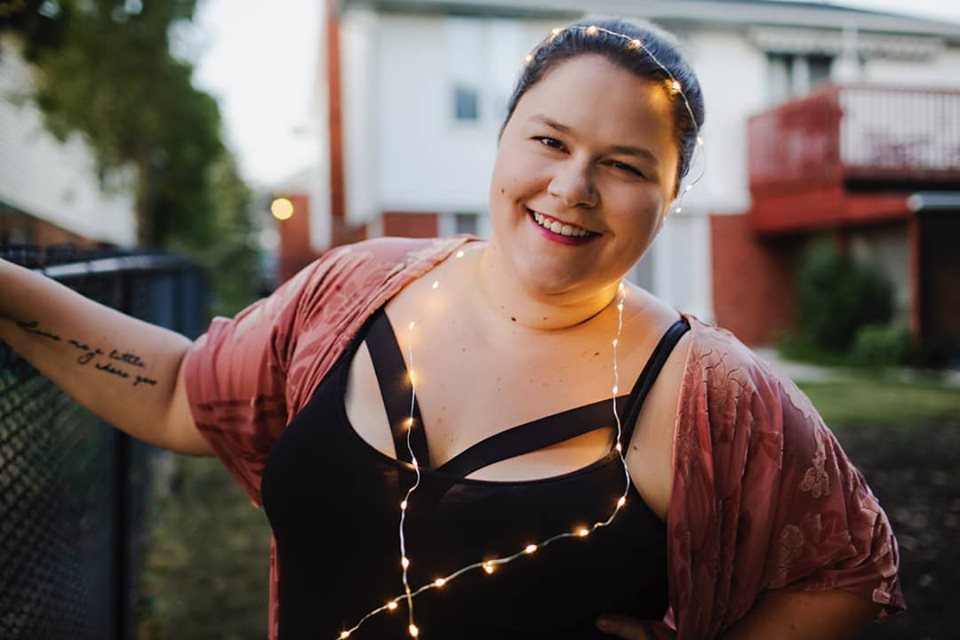I start my day okay; it’s raining, but unlike the Witch in the Wizard of Oz, I don’t melt. I dig out my raincoat and move on.
When I get to work, I change my shoes. I fill up my water bottle, say hi to the day shift, and then return to my office. When I’m at work, I don’t usually look at my cellphone, but today I happen a glance.
Three missed calls and a text, “call me.” I know this drill now. I feel it sink over my shoulders, and I lower myself into my chair. My cheery atmosphere has dissipated. “It could be good news,” I tell myself. “Maybe they’re just really excited about something.” But even I know I’m lying.
When you work in shelters, you work with an incredibly aware team that knows if you’re someone who wants to know about a loss before you get to work, or when it’s confirmed or once you’re already there. I’m the first type. I need time to process because sometimes, my grief gets angry and wants to answer the phone with a brisk and cheery “City Morgue!” Because that’s how I feel about how the government is addressing the opioid crisis.
I call my coworker three times. No answer. I text, “near the phone, ringers on.” And wait for them to call me back.
Tick. Tock. Tick. A door creaks down the hall. Tock. My coffee is steaming, so I gulp it. I turn on my computer. I open my email, and that’s when my phone rings.
My coworker, an over-caffeinated, under nicotine’d, end of day style stoner, is crying on the other end of the phone.
"I don't know what to do," she says. "I'm downtown now, and I don't know how to help them through it."
You see, everyone in this field is here under multiple job titles, various contracts, and numerous points of intersection with the people we work with. You don’t just “work in a shelter.” Those people don’t last. If you suit the work, you become part of a community – one that’s losing people daily.
This coworker is at her second job, “it’s been confirmed.” She tells me. I can hear her wiping the tears from her face. “I don’t know what to do,” she says.
Like any half-decent human, I say that we breathe. Because that’s the reality of it. These losses are hard. We spend time getting to know the people who access the services that employ us, we ask them to show us their humanity so we can help them make changes, and in return, we show them ours. The work happens at that deeper level, the one that spends hours just saying “hi,” saying, “I see you,” saying, “what do you need?” The work is sometimes giving out the number for detox seven hundred times to see someone actually get in twice. Sometimes the job means being yelled at, and always the work is understanding that the people we work with are humans too.
As workers, we see each other on our worst days, when we are shattered, or shattering. And we see each other when we are feeling alright. The upswings are what keep us coming back, but the dark times are when we see the holes in the system and carefully weigh our approach.
I tell her, "I'm here. I'm in this with you." And I hear an audible sigh of relief.
The truth is, I don’t know how many people I used to see that I’ll never see again. So I gulp my own coffee, take my own deep breathes, and go out looking for community.
Written by; Racheal Walser, Intensive Support Coordinator



